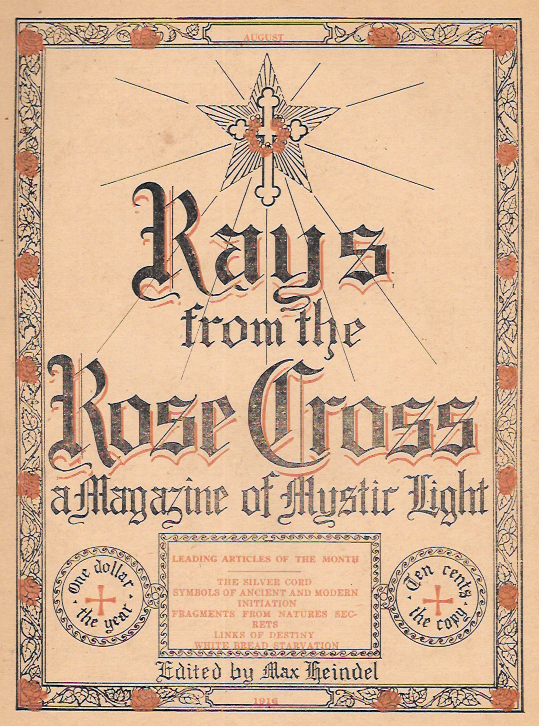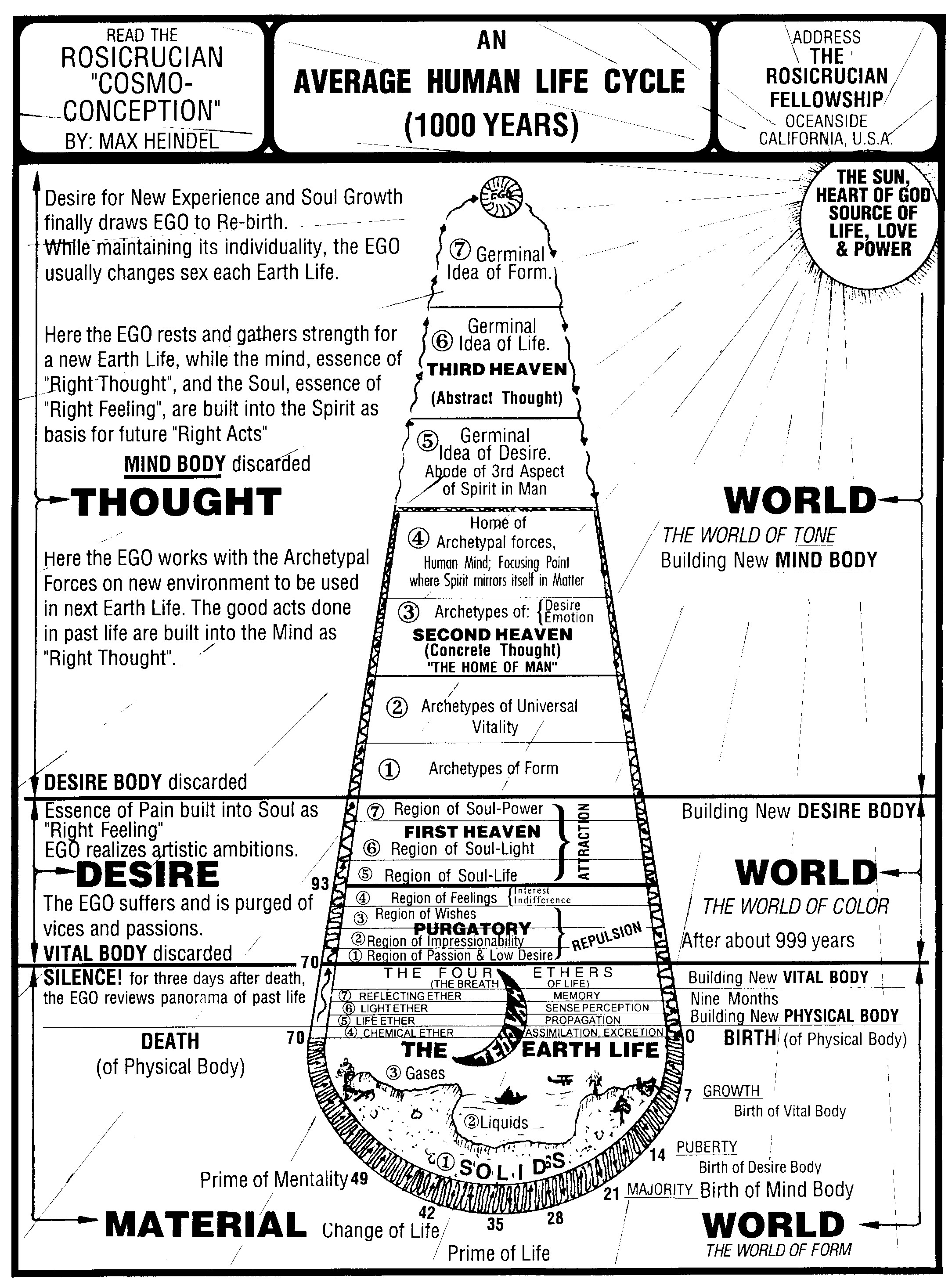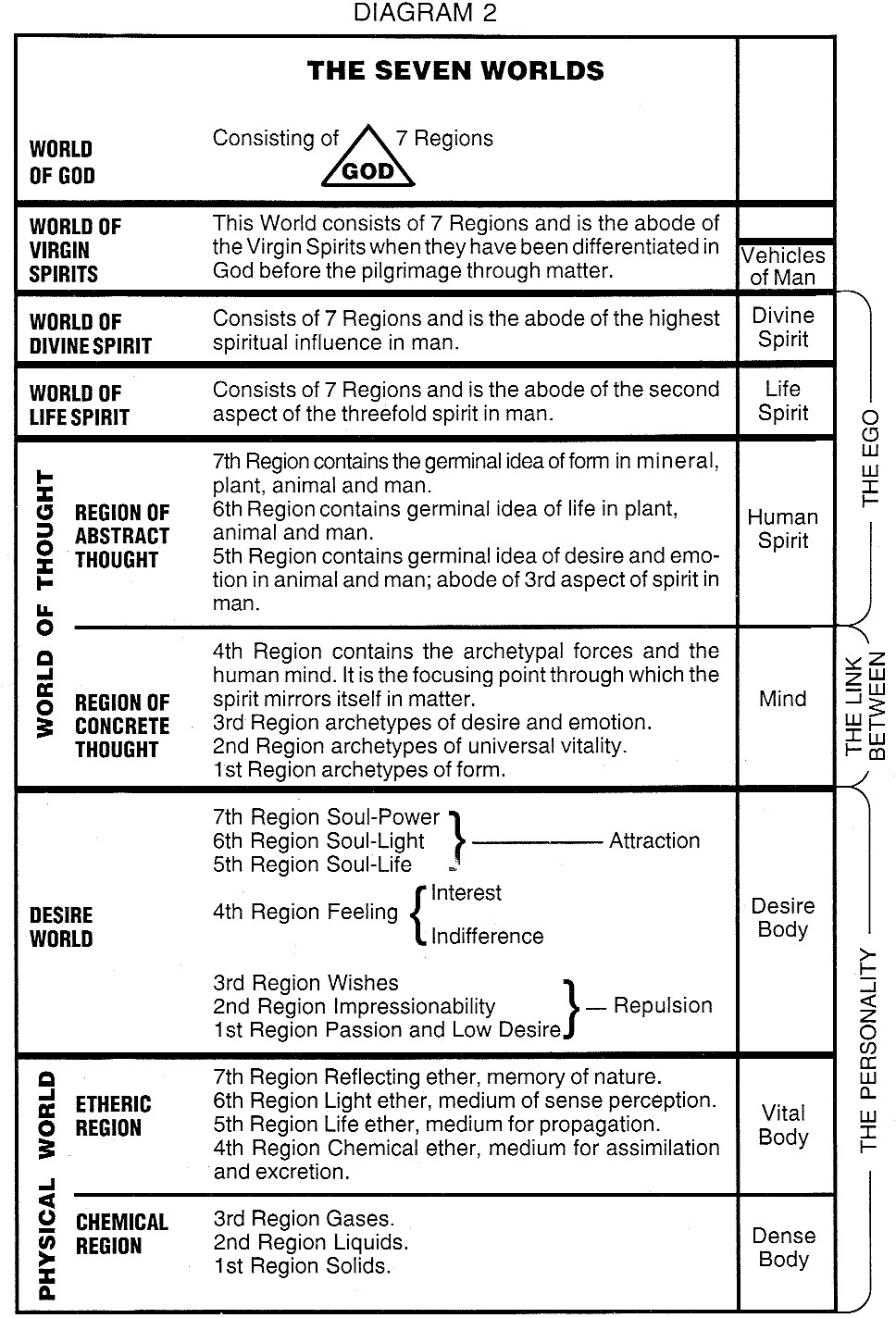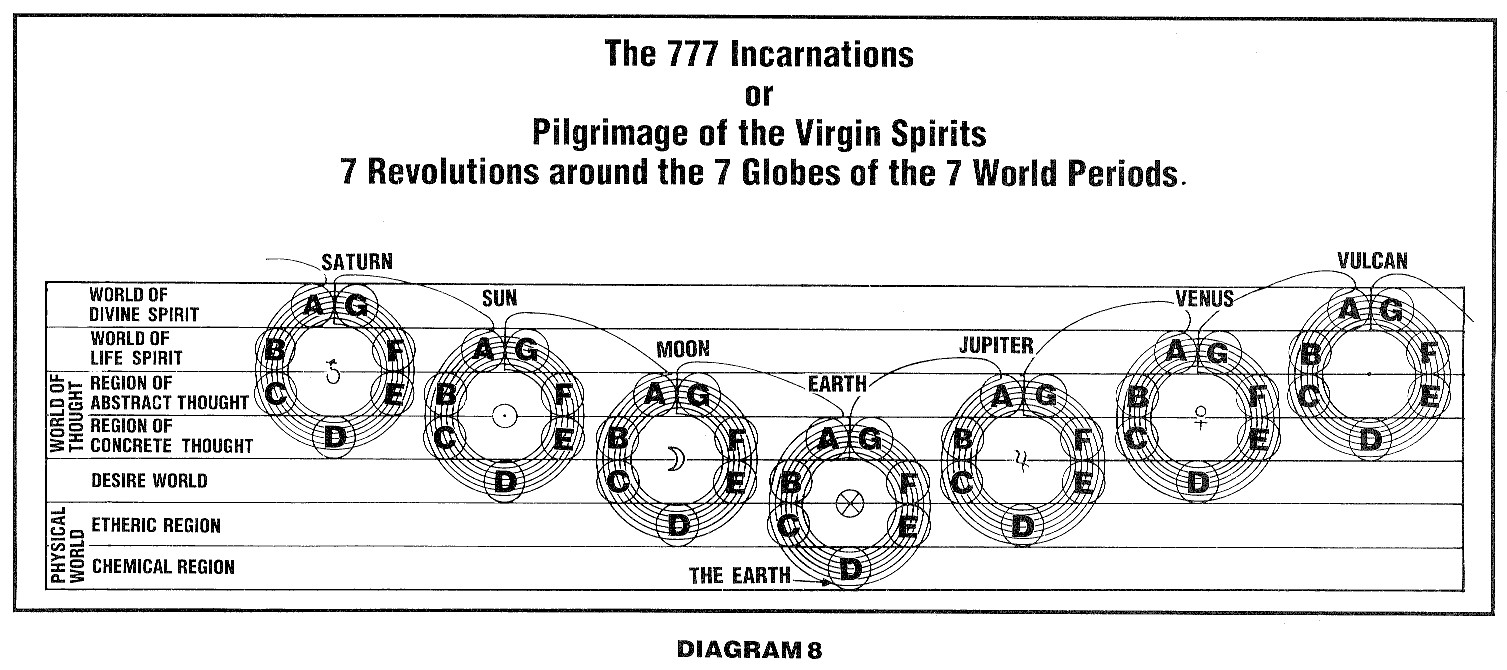
| rosicrucianU.com | ||
| Simplified Scientific Christianity |

"Honour thy father and thy mother: that thy days may be long upon the land which the Lord thy God giveth thee."
This Commandment is unique inasmuch as it addresses the child, the son and the daughter. In one sense, this Commandment is as old and as modern and as simple as can be. The parent speaks: If you are a good child I will give you a lollipop. The promise of a long life is the lollipop. If we are good to our parents we shall live long and well.
The ancient Israelites were taught veneration of their elders. During the entire Piscean Age, the Patriarchs were held in highest esteem. Their judgment was wisdom; their voice was law. Old age then was considered the natural time of attainment.
Now, however, youth is the outward symbol of attainment, and the Commandment must find a higher interpretation for our age. This Commandment is addressed to the child who remains a child through all lives. Whether young or old in years, we are all children of the Father-Mother God.
On the physical plane we, as children of our parents, owe them all in all. Through their reciprocal love we were conceived and brought to birth. To them belongs our debt of life. But now we are grown and, better versed in the mysteries of" the larger life, we acknowledge God as the ewe Father-Mother. Our earthly parents were instruments of birth, but our Father-Mother God is the cause of our birth.
The subconscious regard of a normal child for its parents may be compared to a steadily flowing stream. In this stream, the child as the pilot of his little boat of life sails securely. The scream is home and parents. All his needs are taken care of; all is complete. Then the child grows to full stature of adulthood, and, in growing independent of our earthly parents, we forget that we are still dependent children of the Father-Mother God. Yet, when the storms of life come we are not so sure-footed on our road of independence. We try to run to some sheltered place where stronger shoulders than our own will assume responsibility for us.
If we are wise in observing the fifth Commandment, we turn to our Father- Mother God, the ever-present help in trouble. But, often, we do not do this; often we are laid low in agony of body and Spirit.
The emotion that causes a toddler to pour out his woes to his mother may be but a frail band compared to the volume and intensity of the healing love that flows to him from her. His frail band of emotion, however, represents his all — his entire little being. The volume of understanding and love that flows to us from the Father-Mother God is also infinitely greater than the love, confidence, and feeling of dependence which we extend to Him. Unlike that of the child, however, our band does not represent our all! This is the difference between a trivial Commandment and a powerful, swift working one.
The fifth Commandment is correlated to the fifth zodiacal house of Leo. The fifth house is ruled by the bodily symbol of God, the Sun, and in our bodies Leo rules the heart. Leo stands for supreme divine love.
The full trinity of love is born of three signs: Gemini, Cancer, and Leo. The lungs ruled by Gemini and nourished by the universal pabulum of air are symbolical of universal love, the love that "casts its bread upon the waters." Of the love symbolized by the breast and chest, ruled by Cancer, it is said, "Whatsoever ye do unto one of the least of these ye do unto me." The love of the heart, Leo, is nourished by the divinity of life itself. The love of the heart is one-pointed, swift, intense. It is the intense love of the One and Only in all the world. It is the love designed to be the ladder to draw the heart of man to God. It is the love that is experienced by aloneness with God. It is love undivided, therefore intense.
It is said of St. Francis and St. Claire that at times they would meet in a hut in the forest to talk over the problems of their respective Orders. As they sat, at opposite ends of a table, the intensity of their love for each other, their cause, and their God filled and surrounded the hut with a roseate light so brilliant that the peasants thought the forest was on fire. This kind of love is the pre-requisite for the true children of God in the dawning New Age.
Why, then, does the Commandment not say, Love thy Father and thy Mother? It says, honor. Honor is purity of love. Honor is love vested in all the virtues that make love noble. Honor changes the astigmatism of levity in love to sacredness. Honor is love in selflessness; it implies self-restraint. Honor, holding rains tight, allows no hurt to bruise love. In giving honor, we acknowledge depths that have been explored by the honored ones which we have not explored, and heights the honored ones have attained that we have not yet climbed. The love that leads to the honor of our Father-Mother God is stripped clean and stands in awe. Love in the Aquarian Age is honorable.
". . . that thy days may be long upon the land which the Lord thy God giveth thee." Fullness of years is more important than length of years. Years filled with service, study, contemplation, and growth are the years that count, the years that bring happiness, peace, joy, and contentment to heart and mind.
If we learn to love our Father-Mother God with the ecstasy of one who is beloved —and we are beloved — our days shall indeed be long because they will be rich and precious beyond dreaming, for the well-spring of our gratitude has no end.
"Honor thy Father and thy Mother that thy days may be long in the land which the Lord thy God giveth thee."
— Rays from the Rose Cross Magazine, October, 1976, page 455

|

|

|
|
|
Contemporary Mystic Christianity |
|
|
This web page has been edited and/or excerpted from reference material, has been modified from its original version, and is in conformance with the web host's Members Terms & Conditions. This website is offered to the public by students of The Rosicrucian Teachings, and has no official affiliation with any organization. | Mobile Version | |
|